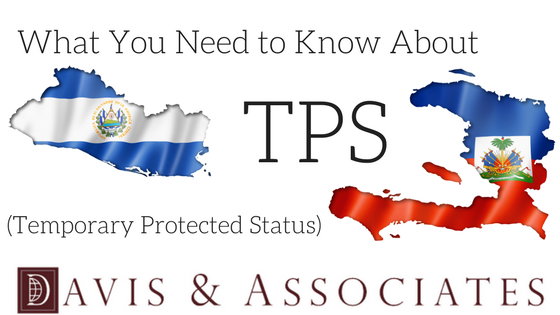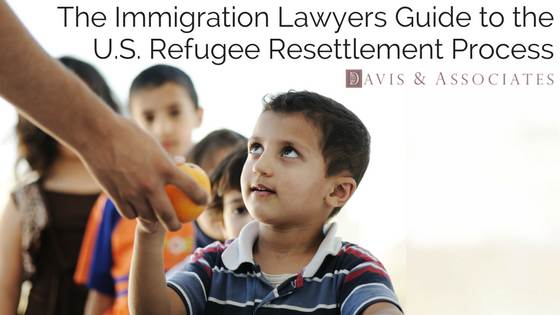Naturalization
What Happens If You Get Divorced After Receiving a Green Card?
The lawyers at Davis & Associates explain how getting divorced after receiving a green card can impact a person’s immigration status or their rights and obligations. Generally, the impact a divorce has on a person’s immigration status depends on what stage of the process that person is in. You’ll have a different outcome if you:…
Read More10 Things You Should Know About Becoming a Naturalized Citizen
10 Things About Becoming A Naturalized Citizen in The United States Many foreign-born people who have arrived in the United States to be closer to their families, apply their skills and education for more significant work opportunities, or have escaped danger in their home countries, have determined that they would like to remain and eventually…
Read MoreImmigration and Naturalization Services in Dallas and Houston, Texas
The U.S. government requires immigrants and people who wish to become naturalized citizens to fill out and file paperwork, submit to immigration interviews, pass background checks and, in the case of citizenship, swear an oath of allegiance to the United States.Many people turn to attorneys for immigration and naturalization services that help them through the…
Read MoreU.S. Immigration Policy & President Trump Part 4: House Democrat Bill Would Ensure Citizenship for Children of Service Members
On September 3rd, three House Democrats introduced new legislation that would eliminate policy changes from the Trump administration that impact how service members pass U.S. citizenship to their children. U.S. Citizenship and Immigration Services (USCIS) issued a new policy that eliminated the guidelines that say children of U.S. military members and other federal workers abroad…
Read MoreQ&A: New Public Charge Rule
The Department of Homeland Security recently published new rules for the public charge ground of inadmissibility. We understand that this news has many immigrants feeling worried and confused as to whether this will impact their status or pending citizenship applications. Here are some of the ways the new public charge rule might affect you: Question: What…
Read MoreThe Path to U.S. Citizenship
Unless you are a United States citizen by birth, you will need to obtain citizenship through a process known as naturalization. Hundreds of thousands of people from all over the world begin the naturalization process each year. According to United States Citizenship and Immigration Services (USCIS), the agency welcomed more than 7.4 million naturalized citizens over the…
Read MoreWhat You Need to Know About Temporary Protected Status (TPS)
Temporary Protected Status is designed by the United States Citizenship and Immigration Service (USCIS) to be a compassionate option for individuals from nations where conditions exist that may keep them from returning safely at a particular time. Alternatively, the home country may temporarily be unable to accommodate the safe return of the individuals. The Department…
Read MoreUnderstanding SB4 Texas Immigration Law
Given the rumors and dialog surrounding immigration matters and the status of undocumented immigrants, separating fact from fiction is essential. The rhetoric that began with the 2016 U.S. election has grown into an ongoing debate over the future of Dreamers, has heightened search and deportation activity, and given birth to state laws that many feel…
Read MoreThe Immigration Lawyers Guide to the U.S. Refugee Resettlement Process
The Immigration Lawyers Guide to the U.S. Refugee Resettlement Process A refugee is a person who is fleeing their homeland to escape the dangers of war or political, religious, or social persecution and danger. Often, refugees are fleeing for their lives with little notice and no idea of when or how they may return to…
Read MoreWhat is the New I-601A?
Introduction and History of the I-601A There are situations in which a person with a US citizen or permanent resident relative can be sponsored for permanent residence but cannot obtain that permanent resident status here in the US. If a person who has been sponsored for permanent residence by a family member has lived in…
Read More









